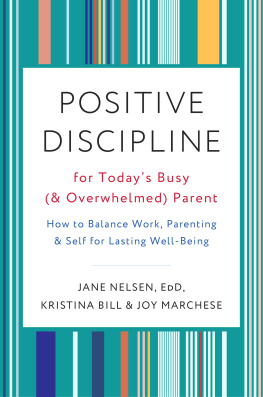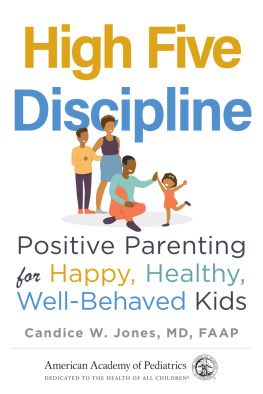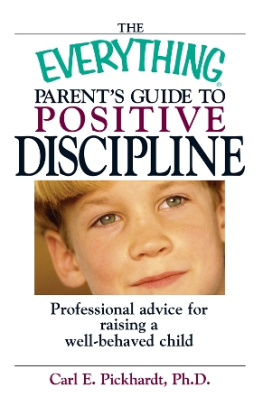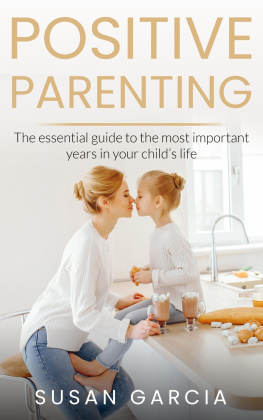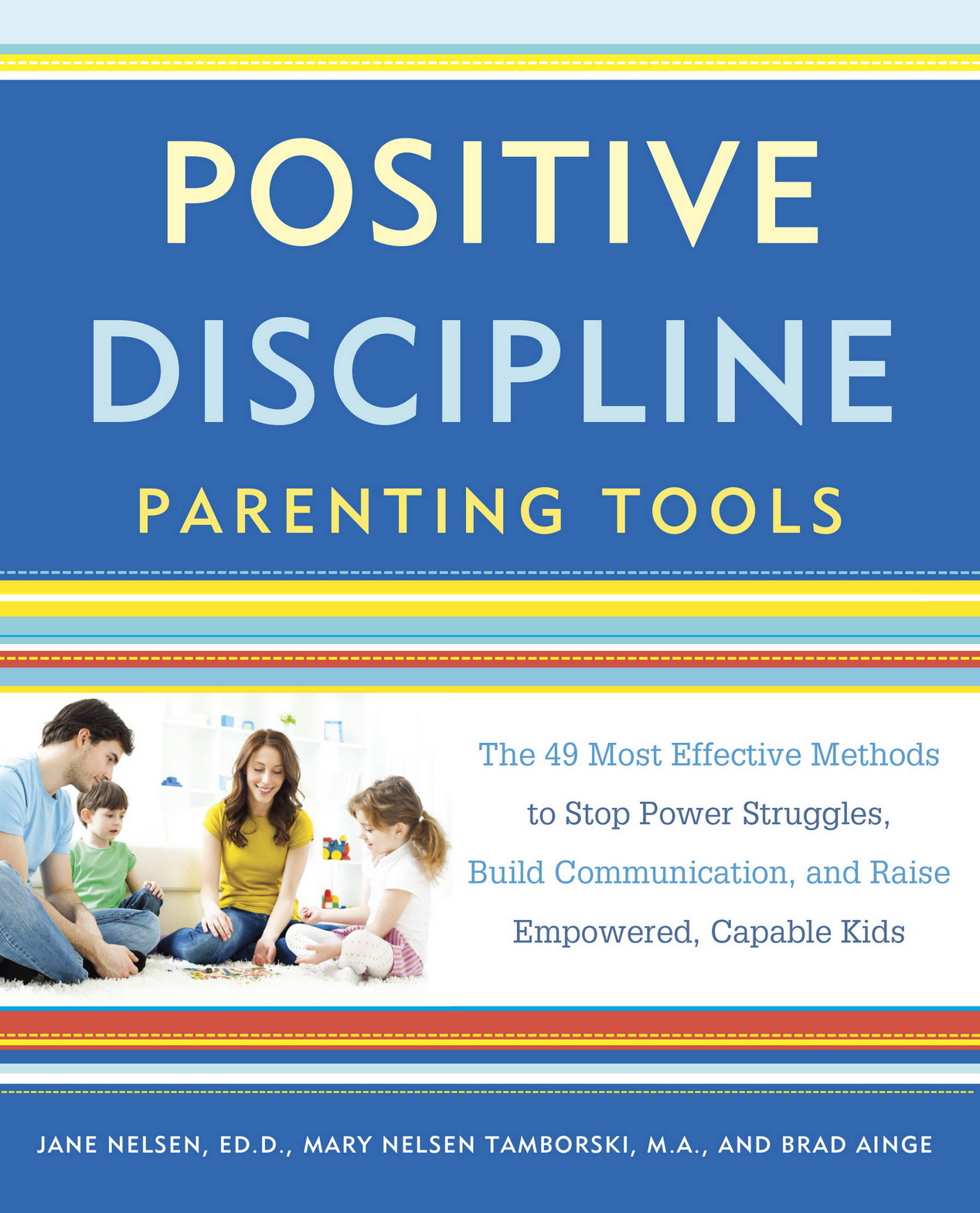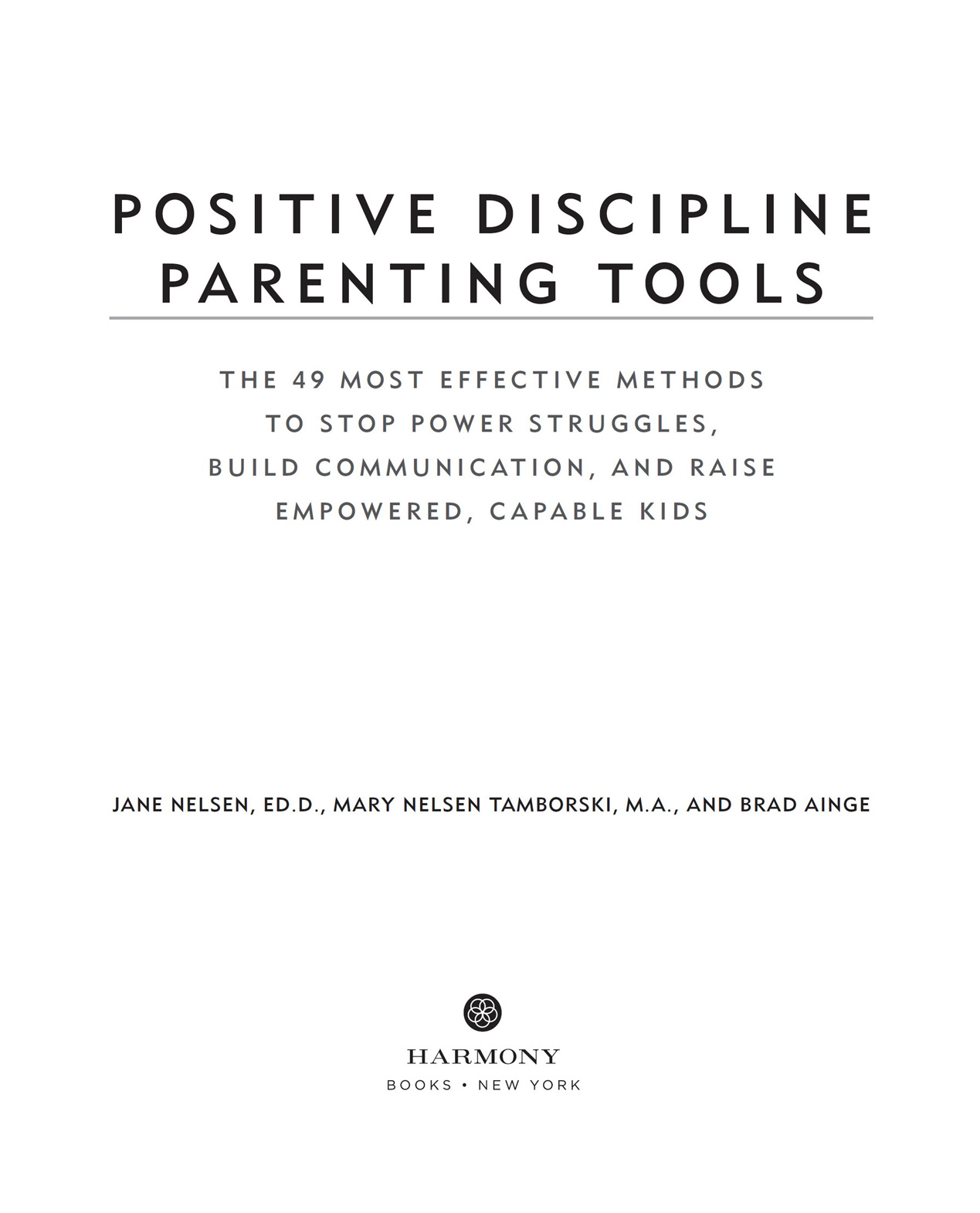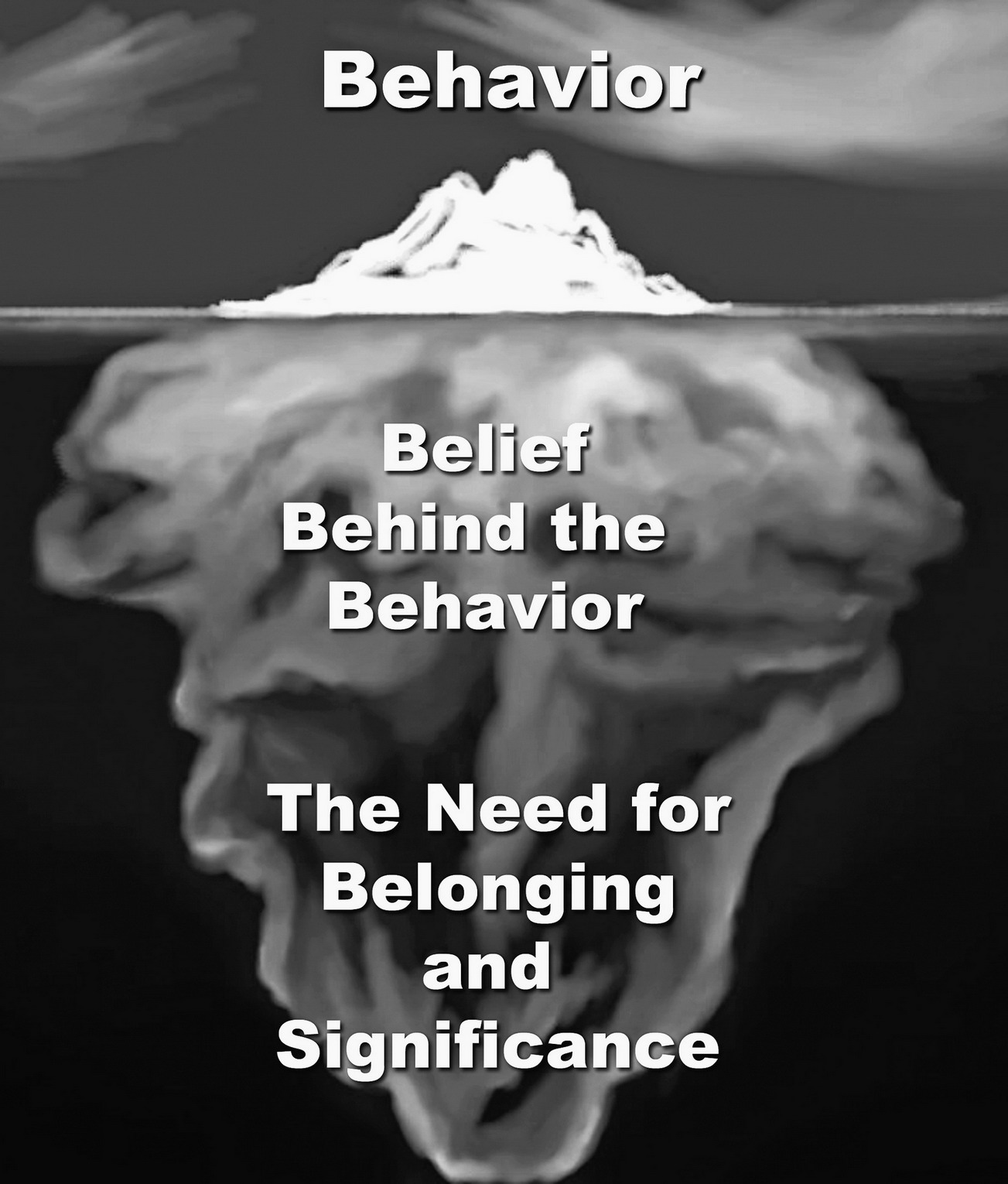Jane Nelsen Ed.D. - Positive Discipline Parenting Tools: The 49 Most Effective Methods to Stop Power Struggles, Build Communication, and Raise Empowered, Capable Kids
Here you can read online Jane Nelsen Ed.D. - Positive Discipline Parenting Tools: The 49 Most Effective Methods to Stop Power Struggles, Build Communication, and Raise Empowered, Capable Kids full text of the book (entire story) in english for free. Download pdf and epub, get meaning, cover and reviews about this ebook. year: 2016, publisher: Harmony/Rodale, genre: Children. Description of the work, (preface) as well as reviews are available. Best literature library LitArk.com created for fans of good reading and offers a wide selection of genres:
Romance novel
Science fiction
Adventure
Detective
Science
History
Home and family
Prose
Art
Politics
Computer
Non-fiction
Religion
Business
Children
Humor
Choose a favorite category and find really read worthwhile books. Enjoy immersion in the world of imagination, feel the emotions of the characters or learn something new for yourself, make an fascinating discovery.

- Book:Positive Discipline Parenting Tools: The 49 Most Effective Methods to Stop Power Struggles, Build Communication, and Raise Empowered, Capable Kids
- Author:
- Publisher:Harmony/Rodale
- Genre:
- Year:2016
- Rating:4 / 5
- Favourites:Add to favourites
- Your mark:
Positive Discipline Parenting Tools: The 49 Most Effective Methods to Stop Power Struggles, Build Communication, and Raise Empowered, Capable Kids: summary, description and annotation
We offer to read an annotation, description, summary or preface (depends on what the author of the book "Positive Discipline Parenting Tools: The 49 Most Effective Methods to Stop Power Struggles, Build Communication, and Raise Empowered, Capable Kids" wrote himself). If you haven't found the necessary information about the book — write in the comments, we will try to find it.
Do you wish there was a way to raise well-behaved children without punishment? Are you afraid the only alternative is being overly indulgent?
With Positive Discipline, an encouragement model based on both kindness and firmness, you dont have to choose between these two extremes. Using these 49 Positive Discipline tools, honed and perfected after years of real-world research and feedback, youll be able to work with your children instead of against them. The goal isnt perfection but providing you with the techniques you need to help your children develop the life and social skills you hope for them, such as respect for self and others, problem-solving ability, and self-regulation.
The tenets of Positive Discipline consistently foster mutual respect so that any childfrom a three-year-old toddler to a rebellious teenagercan learn creative cooperation and self-discipline without losing his or her dignity. In this new parenting guidebook, youll find day-to-day exercises for parents to improve their parenting skills, along with success stories from parents worldwide who have benefited from the Positive Discipline philosophy. With training tools and personal examples from the authors, you will learn:
The hidden belief behind a childs misbehavior, and how to respond accordingly
The best way to focus on solutions instead of dwelling on the negative
How to encourage your child without pampering or praising
How to teach your child to make mistakes and follow through on agreements
How to foster creative thinking
Jane Nelsen Ed.D.: author's other books
Who wrote Positive Discipline Parenting Tools: The 49 Most Effective Methods to Stop Power Struggles, Build Communication, and Raise Empowered, Capable Kids? Find out the surname, the name of the author of the book and a list of all author's works by series.

